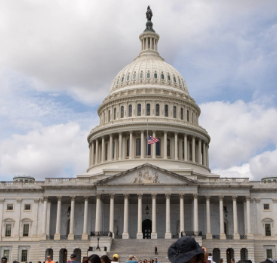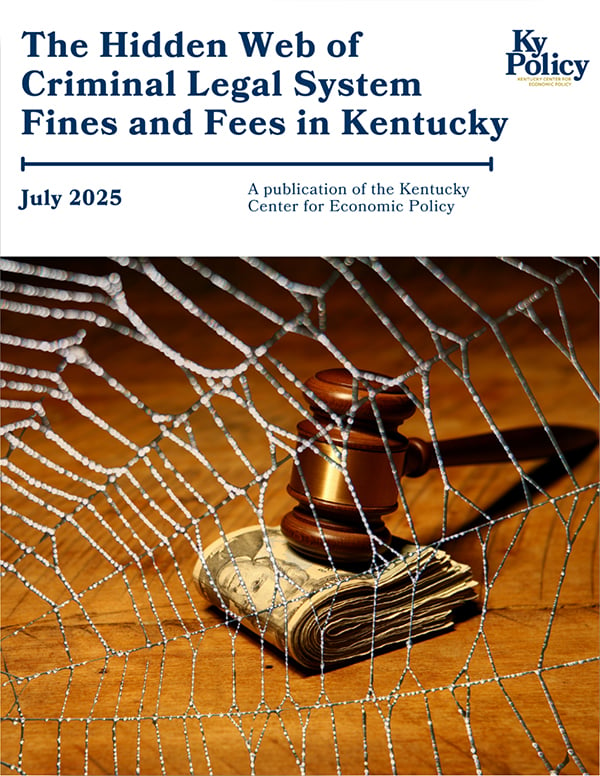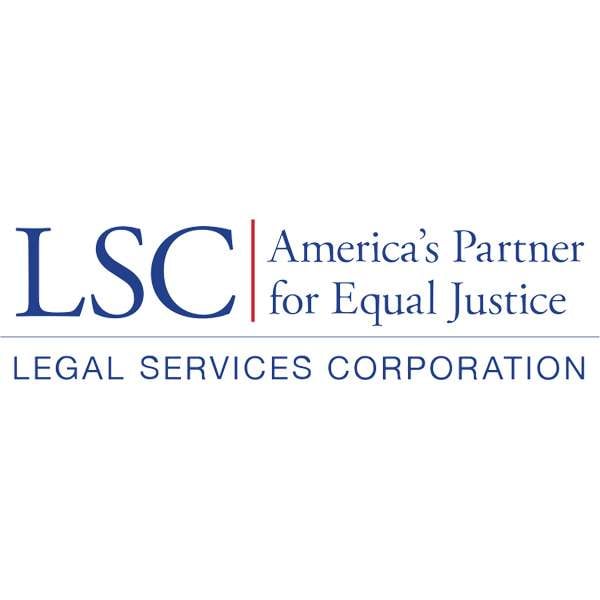I questioned the Anderson County Board of Education’s refusal to disclose the investigative report into widely publicized accusations leveled against a high school counselor, and the Anderson County Board of Education took me to school.
My frustration with the board’s denial mirrors the frustration of the sponsor of the 1974 federal law on which the board relied.
In a 2011 interview, former U.S. Sen. James L. Buckley “said it’s time for Congress to rein in the Family Educational Rights and Privacy Act [FERPA], which he crafted to keep academic records from public view.”

Buckley — who died in 2023 at the age of 100 — lamented, “Things have gone wild. One likes to think common sense would come into play. Clearly, these days, it isn’t true.”
It was not true in 2011, and it is not true today.
FERPA is “a privacy statute that doesn’t protect privacy, a rights statute that creates no enforceable rights, and an access statute that allows [educational institutions] to conceal information that would invite bad press.”
In the Anderson County Board of Education case, FERPA compels the board to deny my records request because the parents of the student at the heart of the controversy — who very publicly alleged that their daughter’s high school counselor improperly discharged her assigned duties — publicly identified their daughter.
This was a new factual wrinkle for me, one I did not encounter in 25 years of administratively adjudicating open records disputes — even those disputes that focused on FERPA — as an assistant attorney general. Under normal circumstances, the parents’ public statements and actions would be deemed a waiver of their privacy rights.
Not so, it seems, under FERPA.
“An official investigation had been conducted, but the [parents] had not signed a release so the counselor and superintendent could not respond. The public has no access to the investigation results, either, a key fact they seemed to care little about,” wrote opinion columnist Teri Carter on January 5.
I cared. And, equipped with just enough understanding of FERPA to misunderstand, I asked.
On January 8, I requested “the nonexempt portions of the investigative report referenced in the op-ed [,] the letter of engagement or contract with the investigator(s) hired to conduct the investigation and any invoices submitted by the investigator(s) for payment for services rendered.”
I learned that the investigation, such as it was, was entirely internal. There was no independent external investigation or review and, therefore, no responsive engagement letter or invoices existed.
That is all I learned. That is all I had the right to learn. FERPA shielded the rest.
Sure, the Anderson County Board of Education cited the open records privacy and preliminary documents exceptions — as well as the rarely invoked “counselor-client” privilege. But the board knew, as I knew, that those exceptions to inspection of the investigative report shielded, at best, only portions of the report — a report in which there is a substantial public interest.
That public interest or “‘right to know’ under the Open Records Act is premised upon the public’s right to expect its agencies properly to execute their statutory functions. In general, inspection of records may reveal whether the public servants are indeed serving the public, and the policy of disclosure provides impetus for an agency steadfastly to pursue the public good.”
But because the parents stood before a packed audience at the Anderson County school board’s November meeting, with their no-doubt bewildered daughter at their side, to make public their accusations, we are foreclosed from knowing the outcome of the superintendent’s and principal’s investigation.
The parents now control the narrative — what the public can and cannot know about the superintendent’s and principal’s investigation and whether that investigation substantiated or failed to substantiate their claims.
Without the parents’ consent, FERPA is construed to preclude disclosure of “education records” of the identified student — their daughter — relating to their claims and the subsequent investigation. The public’s right to know is entirely thwarted.
At least according to a 1999 letter from the Family Policy Compliance Office of the U.S. Department of Education to the Henry County Schools, cited in the board’s denial. Had the parents observed the same respect for their daughter’s privacy as FERPA requires educational institutions to observe, the open records law — working in tandem with FERPA — would have mandated disclosure of the non-identifying portions of the investigative report.
Compare the disclosure of university investigative records mandated by the state’s highest court in University of Kentucky v The Kernel Press, Inc. — a case involving a tenured professor against whom allegations of sexual harassment were leveled and the students who made those allegations but were never publicly identified.
Compare recent cases in Louisville and Lexington, one involving a teacher and, the other, a principal. In each, portions of the investigations into the alleged wrongdoing– that did not include individually identifiable student information — were disclosed, the privacy of the students was preserved, and the public’s right to know was served.
But thanks to the legal labyrinth that is the Family Educational Privacy and Protection Act, the parents of a beleaguered high school student will decide whether we ever know if the Anderson County Board of Education “properly executed it statutory function” to promptly, thoroughly, and objectively investigate the allegations and whether the accused school counselor properly discharged her duties.
Perhaps this is how they — and even the Anderson County Board of Education — prefer it. To paraphrase Teri Carter, some people care little about the facts.
Amye Bensenhaver is a retired Kentucky assistant attorney general who wrote open records and open meetings decisions for 25 years. She is co-founder and co-director of the Kentucky Open Government Coalition.

















